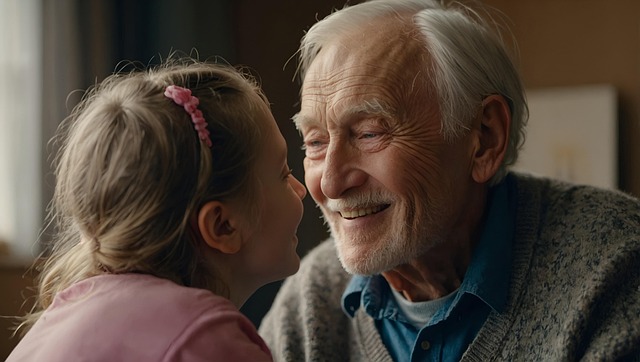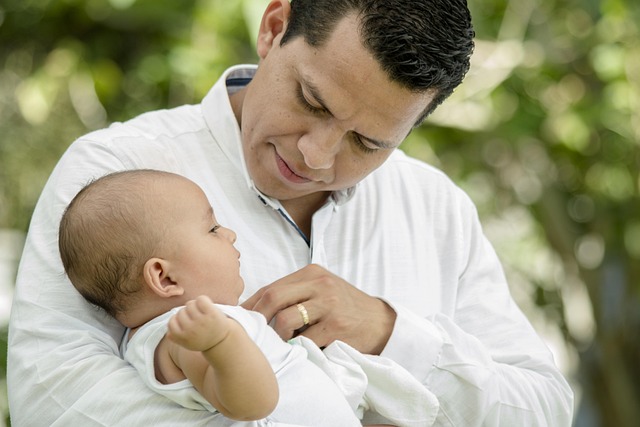In Pittsburgh, video evidence is crucial in child abuse trials, offering an irrefutable visual account of mistreatment often not immediately apparent. Reputable child abuse law firms in Pittsburgh, PA leverage expert interpretation of videos to build robust cases and protect traumatized children. The legal framework for video evidence prioritizes fairness and accuracy, with strict guidelines for authentication and reliability. Three key types of video evidence – surveillance, interview, and forensic recordings – enhance strategies in child abuse law firm Pittsburgh, PA trials. Effective handling of video evidence ensures fairness while representing clients in sensitive cases. Video evidence significantly enhances successful child abuse prosecutions in Pittsburgh, PA.
In the pursuit of justice for child abuse victims in Pittsburgh, PA, video evidence has emerged as a powerful tool. This article delves into the critical role of video footage within the legal framework of local child abuse trials. We explore its admissibility, reliability, and various types, including surveillance, interviews, and forensic recordings. By analyzing real-world case studies, we uncover best practices for presenting compelling video evidence while navigating challenges unique to these sensitive proceedings. For parents considering a legal approach through a Pittsburgh child abuse law firm, understanding this dynamic is essential.
Understanding Video Evidence: Its Role in Pittsburgh Child Abuse Trials
In Pittsburgh, child abuse trials heavily rely on video evidence as a crucial tool to establish the facts and determine justice. This visual medium provides a window into the lives of abused children, offering irrefutable proof of mistreatment often not easily detectable through traditional means. Video recordings capture behaviors, interactions, and environments that can be analyzed by both legal professionals and jurors, leading to more informed decisions.
A reputable child abuse law firm in Pittsburgh, PA, understands the significance of video evidence in these trials. They employ experts who can interpret and present these videos effectively, ensuring every piece of relevant visual information is considered. This approach not only strengthens cases but also helps protect children by documenting their experiences, which may be too traumatic for them to recount verbally.
The Legal Framework: Admissibility and Reliability of Video Footage
In Pittsburgh, as in many jurisdictions, the legal framework governing the admissibility and reliability of video evidence in child abuse trials is stringent to ensure fairness and accuracy. A child abuse law firm in Pittsburgh, PA, would be well-versed in these guidelines, which are designed to protect both victims and accused individuals. The courts typically require that video footage be authenticated by a qualified individual who can attest to its originality and relevance to the case. This process involves establishing a chain of custody to prevent tampering or unauthorized access.
The reliability of video evidence is further assessed through various factors, including clarity of imaging, absence of alterations, and consistency with other available evidence. In child abuse cases, where emotional integrity is paramount, videos must capture incidents authentically without any interference or manipulation. Admissibility also depends on the relevance of the footage, ensuring it directly supports the allegations or defenses presented in court. These stringent criteria reflect the importance of video evidence in Pittsburgh child abuse trials and the need to uphold the highest standards of legal procedure.
Types of Video Evidence: Surveillance, Interviews, and Forensic Recordings
In the complex landscape of child abuse trials, video evidence plays a pivotal role in presenting cases effectively. A reputable child abuse law firm in Pittsburgh, PA often relies on three primary types of video recordings to build robust legal arguments.
Firstly, surveillance footage from public or private cameras can capture suspicious activities or interactions that may indicate abuse. These videos offer an objective view of events, providing crucial context for the court. Secondly, interview recordings with victims, witnesses, or suspects give a human perspective, allowing attorneys to explore testimonies and uncover vital details. Lastly, forensic recordings, such as those from body-worn cameras or security systems, offer detailed, unaltered visual evidence that can be analyzed frame by frame. These different types of video evidence collectively contribute to more comprehensive and compelling legal strategies in Pittsburgh child abuse trials.
Challenges and Best Practices for Presenting Video at Trial
Presenting video evidence in child abuse trials can be a double-edged sword. While videos can provide crucial insights and visual aids, they also come with challenges unique to sensitive cases like these. Pittsburgh child abuse law firms must navigate issues related to privacy, consent, and the potential for sensationalizing evidence. Expertly handling video presentations requires striking a delicate balance – showcasing the facts without inflaming biases or infringing on the victim’s privacy.
Best practices dictate thorough preparation and careful consideration. This includes ensuring the video is relevant, authentic, and properly redacted to remove any identifying information. Legal professionals should also familiarize themselves with court rules governing video evidence, adhering to deadlines for disclosure and proper formatting. Additionally, leveraging technology for seamless playback and effective visual aids can enhance presentation clarity during trials involving video evidence in Pittsburgh child abuse cases.
Case Studies: Successful Utilization of Video in Child Abuse Proceedings
In many child abuse trials, video evidence plays a pivotal role in presenting a compelling case. Successful utilization of this tool has been documented in various jurisdictions, including Pittsburgh, PA, where the strategic use of videos has led to just outcomes. For instance, a leading child abuse law firm in Pittsburgh PA has effectively employed surveillance footage and recorded interviews to establish patterns of behavior indicative of abuse. These videos not only provide visual proof but also offer insights into the victim’s demeanor and interactions, which can be crucial in convincing judges and juries.
The impact of video evidence is particularly notable when combined with expert testimony. For example, child psychologists or medical professionals can analyze footage to identify signs of trauma or abuse that might be missed through traditional questioning. This integrated approach has resulted in stronger cases, ensuring that justice is served for the vulnerable. Such successful case studies highlight the importance of video as a powerful tool in the legal battle against child abuse, particularly when handled by experienced Pittsburgh PA child abuse law firms.





